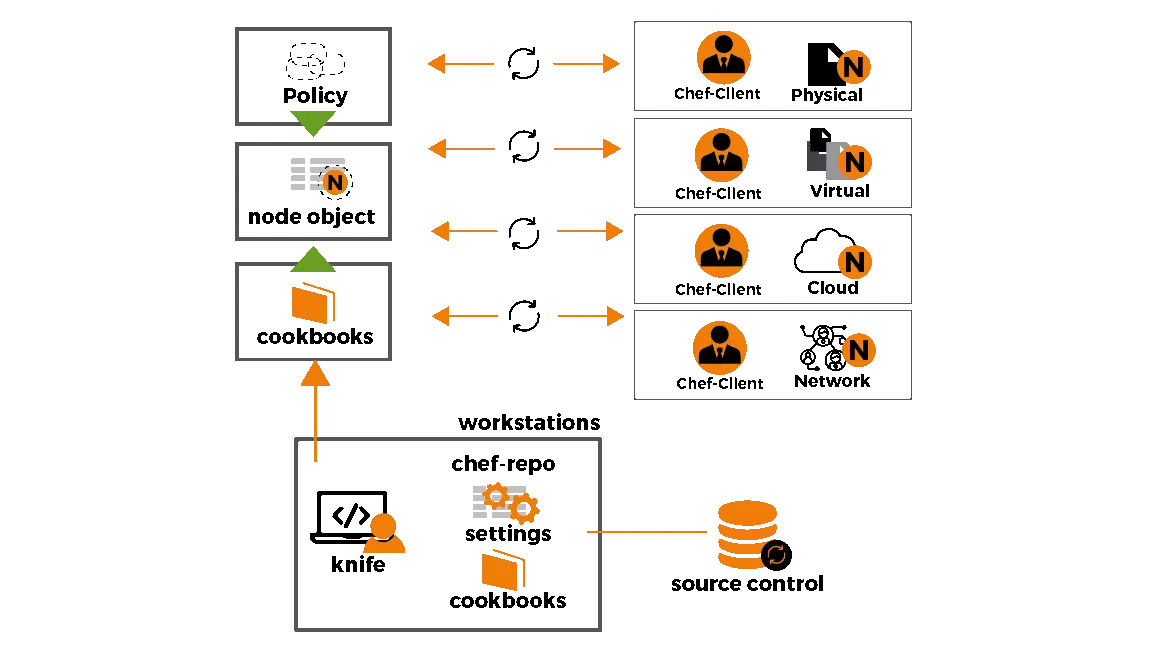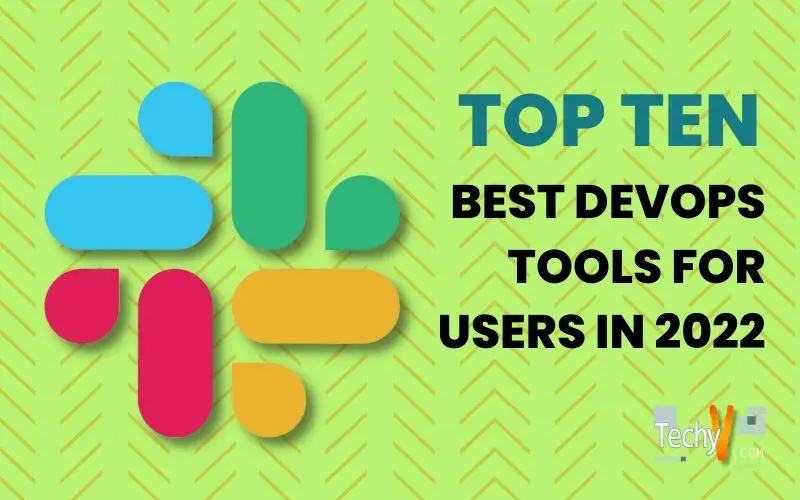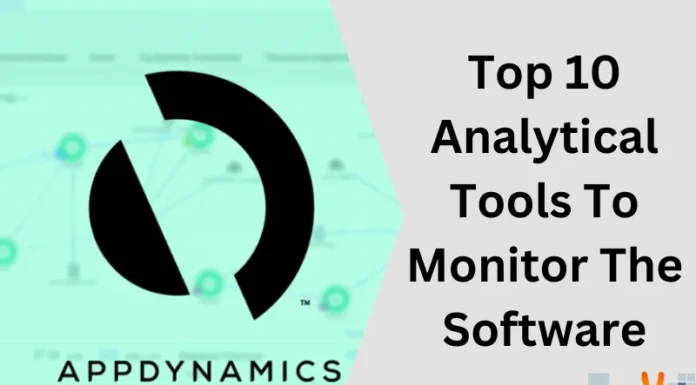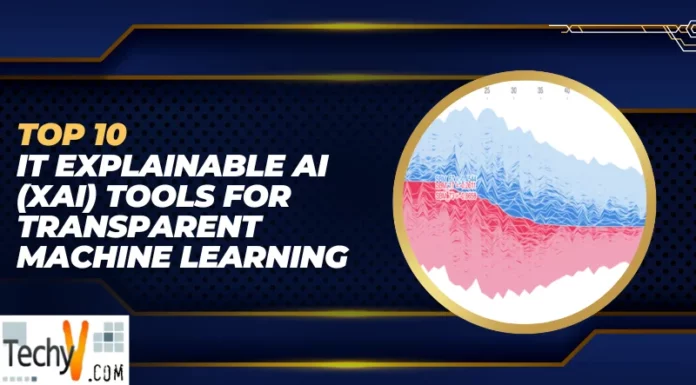Project teams in an organization looking to provide quality software, less recovery cycle time from any crashes that helps minimizes defects, faster delivery, and quick customer feedback. Every project needs continuous integration, testing, and release for automation. Thus, to ensure continuous integration and delivery, Development and Operations team collaborate to form DevOps. DevOps emphasizes automation of the software development process, thereby providing increased production time, improved communication, and reduced cost and deployment failures. DevOps tools include platforms, servers, and other applications that comprehend the entire Software Development Life Cycle (SDLC) as an integrated workflow from coding to deployment and monitoring. Here, we will introduce the ten best DevOps tools that give you the best experience for your business needs.
1. Slack
Slack is one of the well-known communication and collaboration DevOps tools for projects. Many technical organizations use this tool widely as it offers the team members a clear insight into the workflow. It allows developers to collaborate and communicate using toolchains in the same workplace environment with other maintenance and service members. The tool provides ample storage space and a wide range of integrations from free to paid versions.
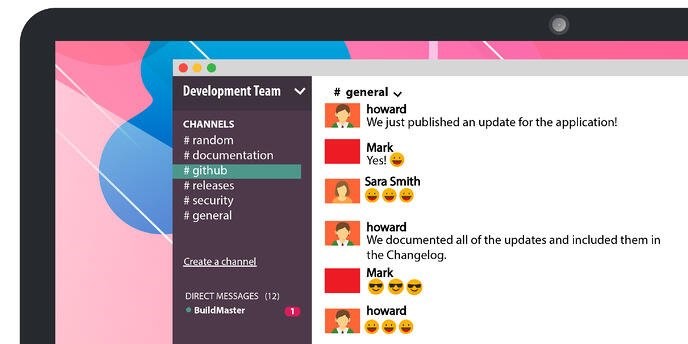
2. Git
Git is another popular free and open-source DevOps tool widely used in organizations. It’s a distributed Source Code Management (SCM) and version control tool that helps track the progress of the development work. Developers can save their source code and share the files with their teams using repositories like GitHub, GitLab, and BitBucket. They can host the source code, push their work, discuss issues, and manage releases.
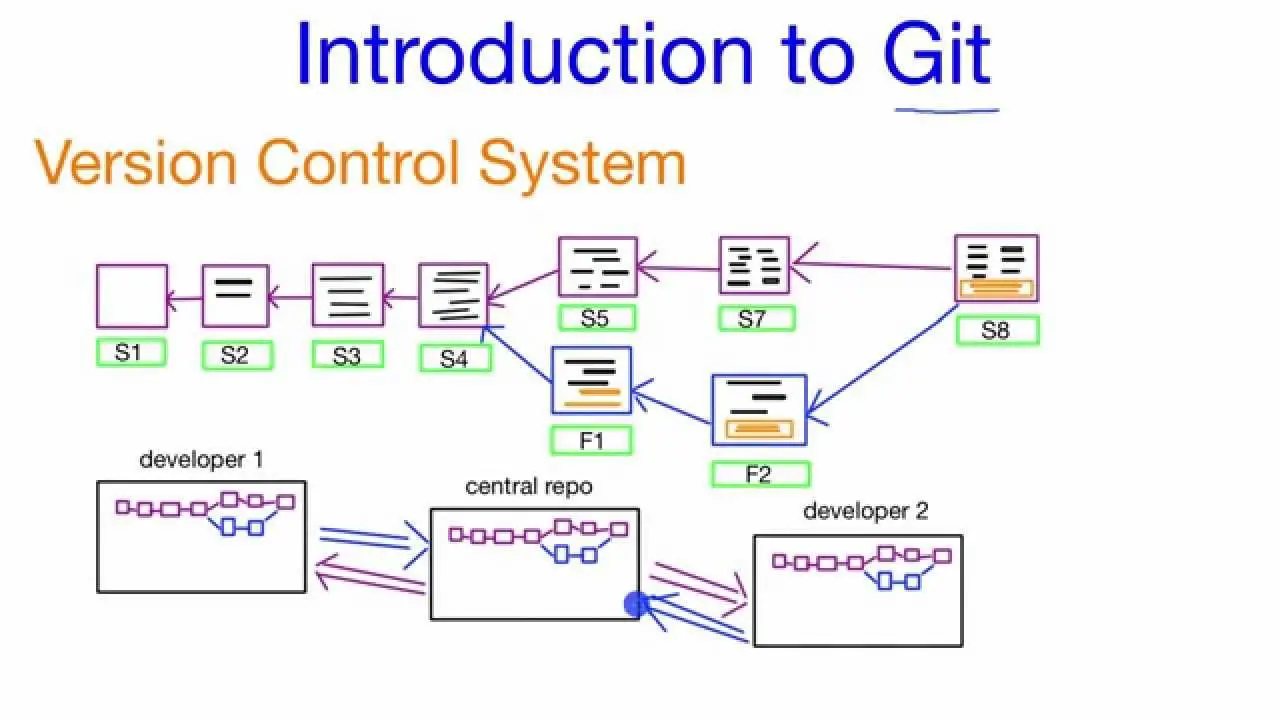
3. Jenkins
Jenkins is an open-source Java-based DevOps tool and an integration automation server that automates, builds, and deploys projects. It works with operating systems like Windows, Mac OS, and Linux. Users can set up the Jenkins server through a web interface and iterate and deploy new codes. Also, they can customize the CI/CD stages of your delivery pipeline and automate and measure the success of each step.
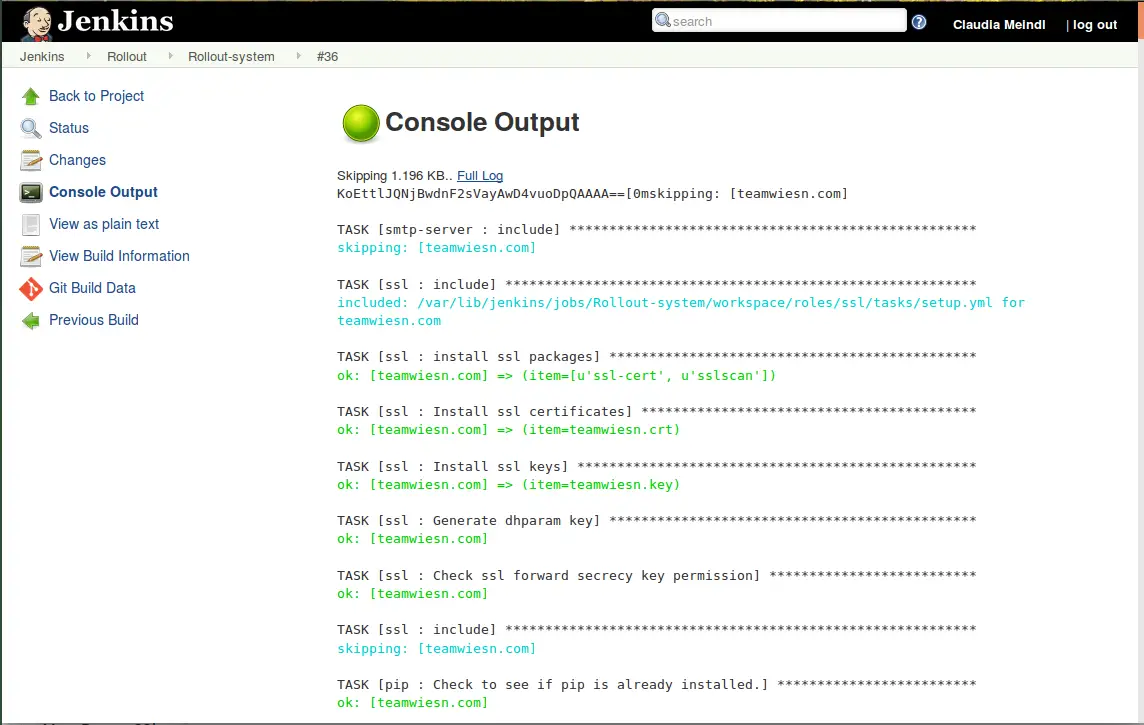
4. Docker
Docker is an open-source containerization DevOps tool that allows secured packaging, deploying, and running of applications. Each application container has source code, supporting files, run time, and system config files responsible for application execution. Docker Engine helps access the containers that help execute applications in a remote environment and allows organizations to reduce infrastructure costs. This tool is compatible with cloud services like AWS, GCP, and Azure Cloud.
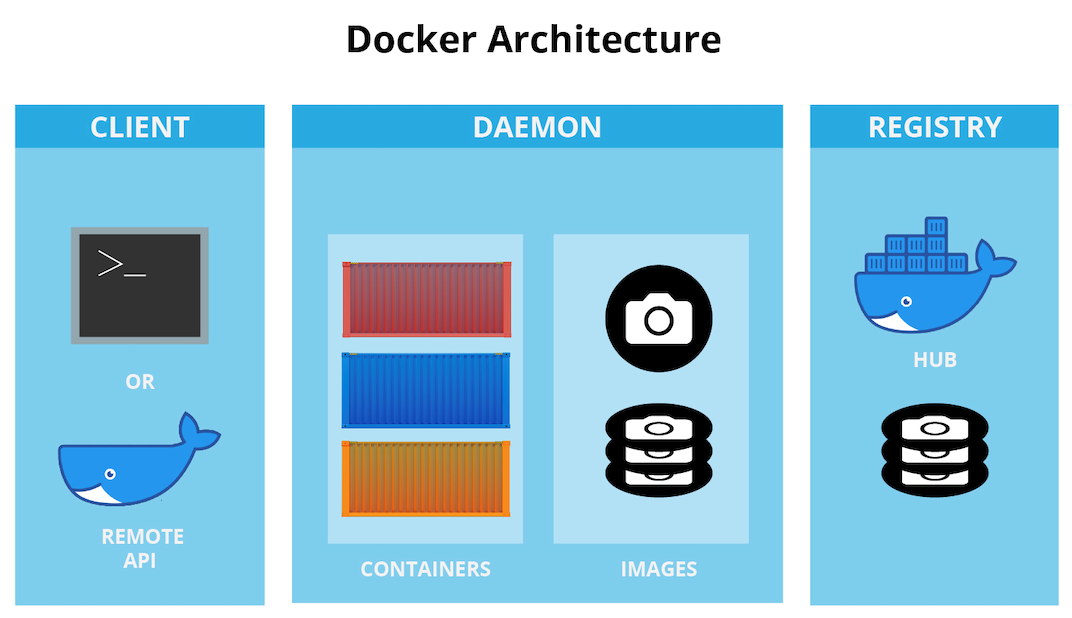
5. Kubernetes
Kubernetes is an automation orchestration platform that runs containerized applications on a cluster of hosts. Developers utilize Kubernetes to automate container configuration, scaling, networking, and security to achieve speed and efficiency in production. Also, developers can deploy these containerized apps to a cluster of computers automating the distribution and scheduling of containers across them. It can automatically manage, scale, and maintain multi-container workloads in desired states.
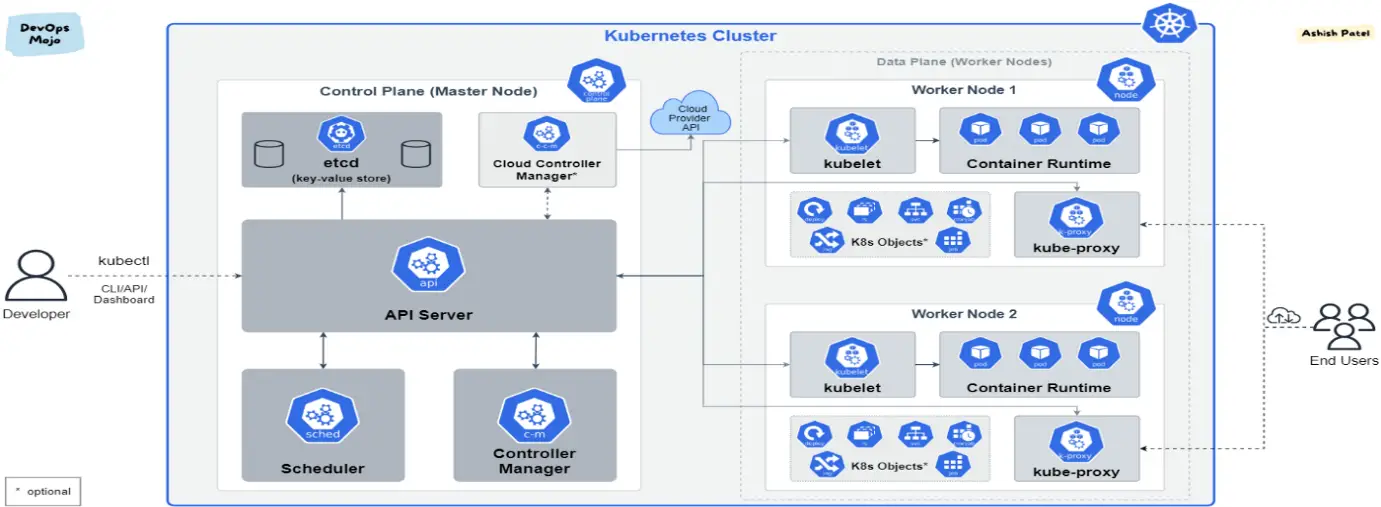
6. Maven
Maven is a build automation DevOps tool primarily for building Java projects. It is an automation build framework that manages reporting, documentation, distribution, releases, and dependencies processes. It can build and manage projects in C#, Ruby, Scala, and other languages using project object model (POM) plugins. This tool eases the build and maintains the uniformity of the monitoring process through automation, thereby providing consistency and efficiency.
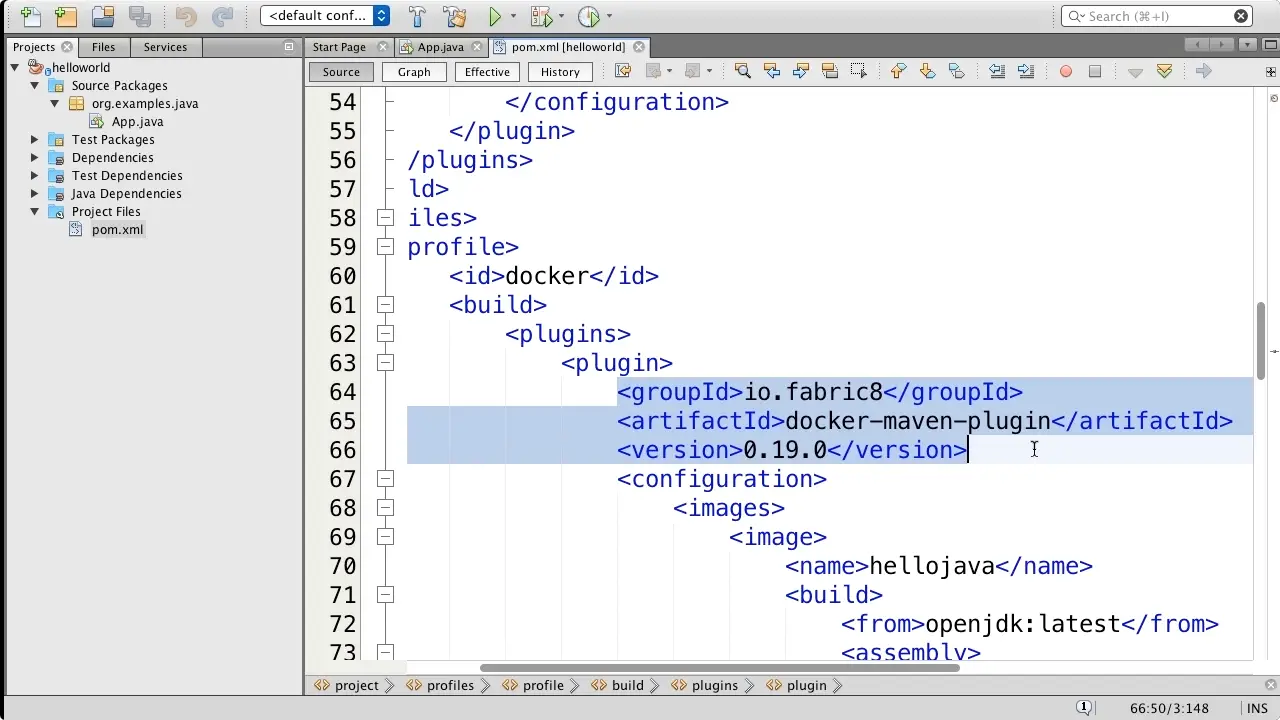
7. Nagios
Nagios is an open-source DevOps monitoring tool that helps monitor your servers, applications, and business infrastructure to find and fix your problems. It alerts the developers if a fault occurs on the backend or if any device fails, regularly maintains a performance chart, and monitors trends to alert them in case of an occurrence of a possible failure. Thus, there is a record of events, outages, and failures.
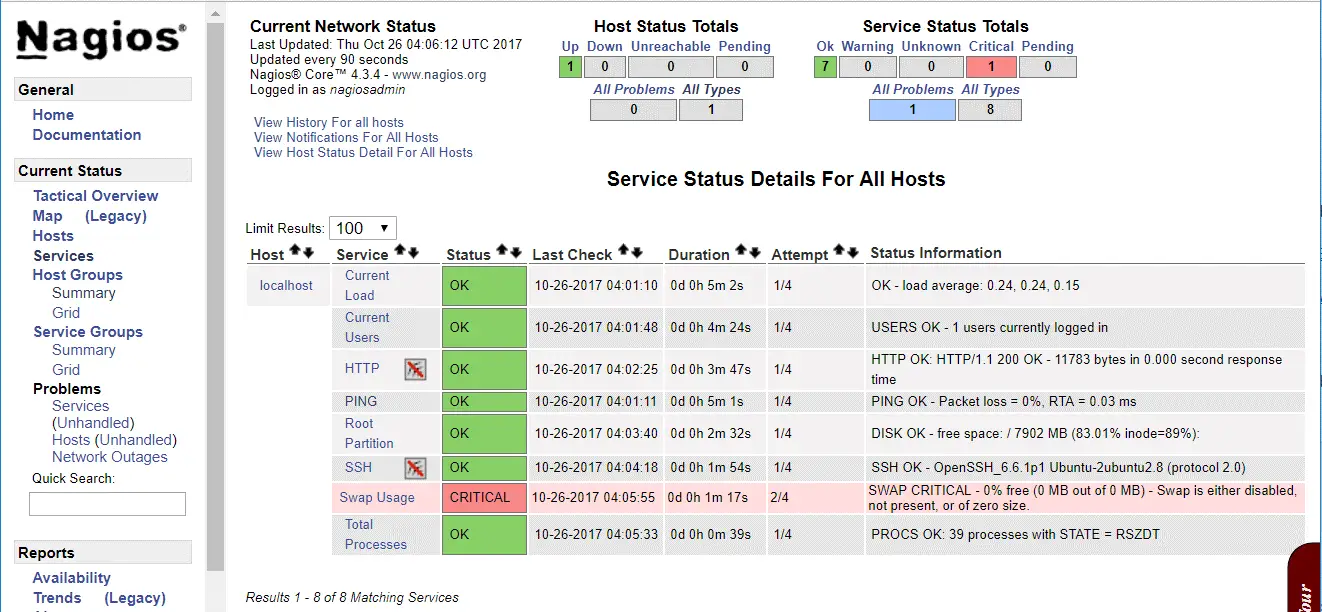
8. Puppet
Puppet is an open-source DevOps tool that uses declarative programming for system configuration, deployments, and server management. It is a platform-independent management platform that manages the infrastructure as code and helps deliver software faster and securely. Puppet enterprise helps to manage multiple teams and resources efficiently. Hence, it can deal with dependencies and failures smartly. In case of failed configuration, it skips all the dependent ones.
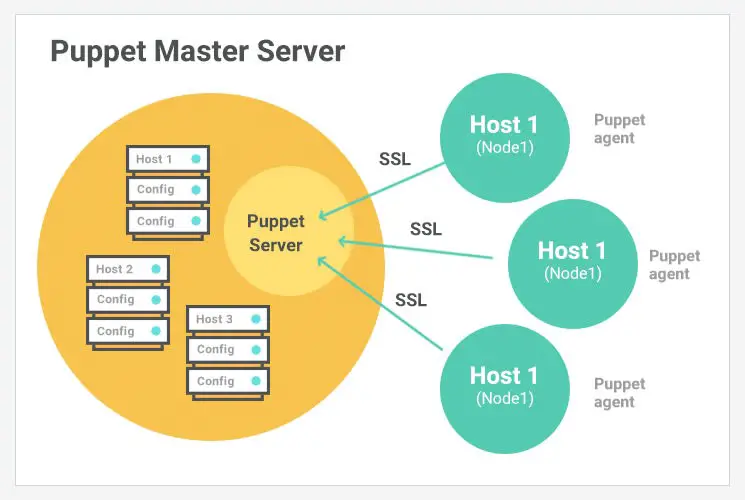
9. Ansible
Ansible is an effective IT orchestration and configuration management DevOps tool that helps to configure the infrastructure and automate deployment. It uses the syntax YAML (Yet Another Markup Language) to define tasks with minimal commands and readable by users. The primary use of this tool is to push new changes within the existing system and configure newly deployed machines. Thus, it lowers infrastructure costs and speeds up scalability.
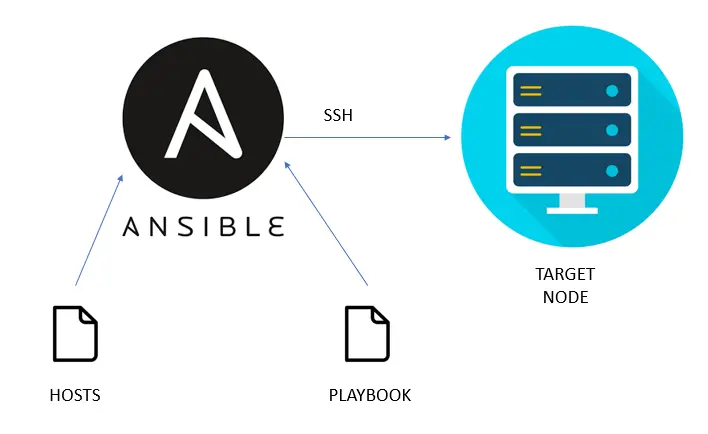
10. Chef
Chef is an open-source configuration management DevOps tool for accelerating application delivery and collaboration. It uses a master-agent model and infrastructure as a code (IAC) to automate the infrastructure configuration. With Chef, users can deploy, repair, update, and manage servers and applications in any environment. Developers install Chef Development Kit (Chef DK) on a workstation to interact with Chef Server. It manages Linux, Windows, Mainframe, and other systems.
